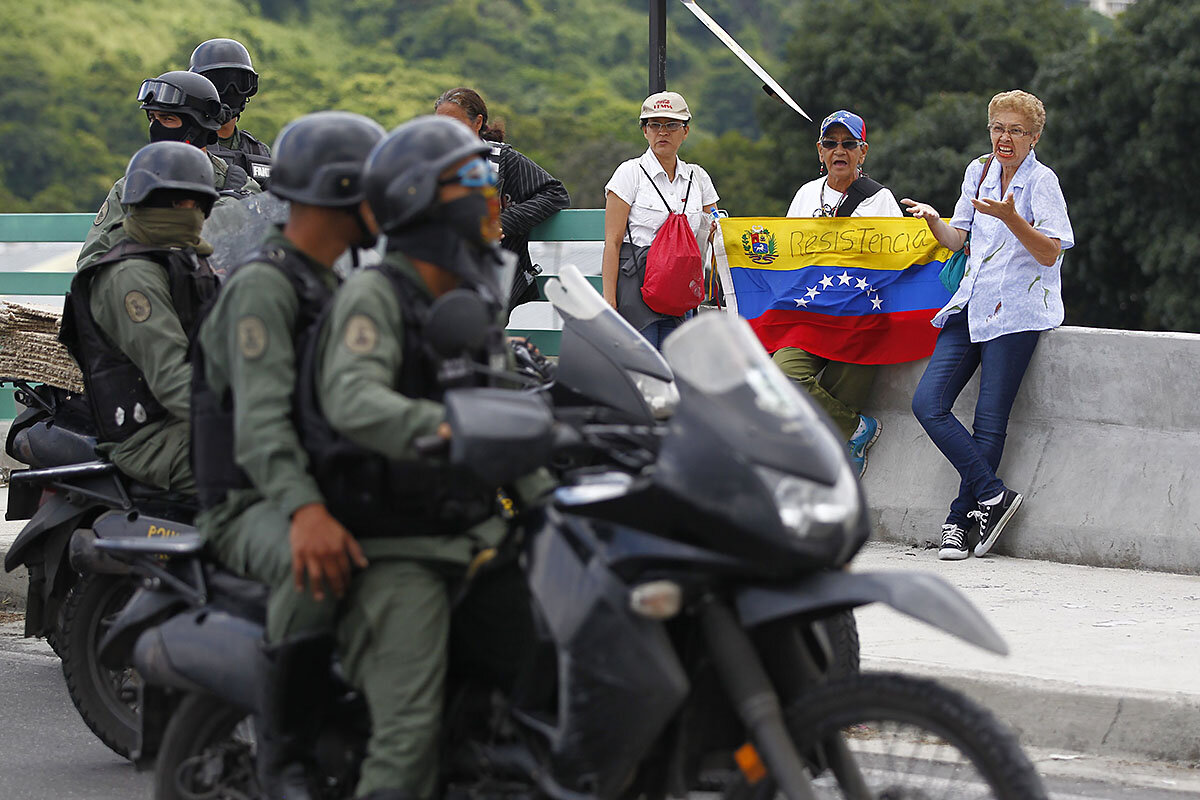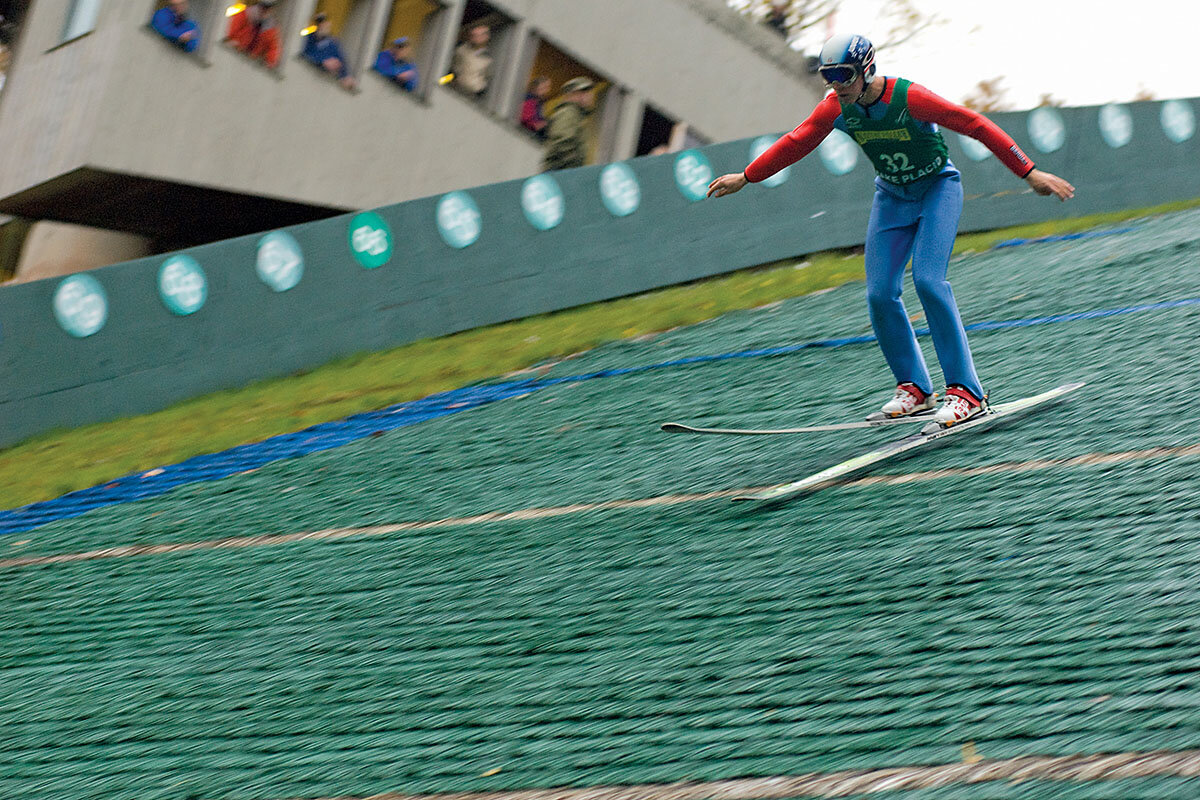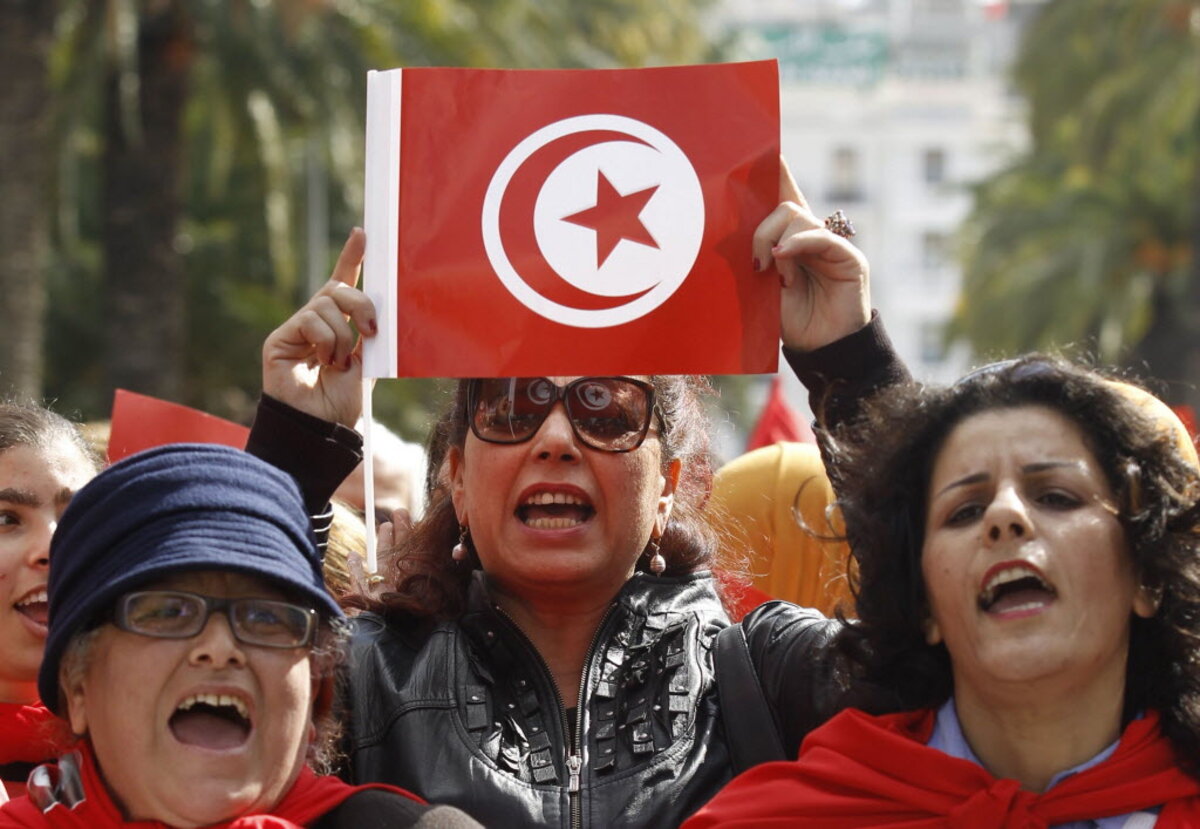Are the congressional sanctions approved last week responsible for Russia's diplomatic swipe at the United States? Many see deeper forces at work in President Vladimir Putin's unusually harsh response.
Monitor Daily Podcast
- Follow us:
- Apple Podcasts
- Spotify
- RSS Feed
- Download
 Yvonne Zipp
Yvonne Zipp
There has been no shortage of headlines about the 2016 US election, but here’s a new one: For the first time, more Gen Xers and Millennials voted than baby boomers and older generations, according to Pew analysis of census data.
And, Pew says, it’s possible Millennials may outnumber Gen X voters as soon as the 2020 election.
For their part, Millennials present a complicated picture.
Conventional wisdom says that people start out liberal and grow more conservative as they age. But there is also research showing that people actually become more liberal about social issues as they get more life experience.
In 2016, 55 percent of all Millennials identified as Democrats or Democratic-leaning independents. But another 2016 study found that more of them identify as conservative than the two earlier generations did at the same age.
Perhaps more important, they are more likely to self-identify at a younger age as “radical” or “very” liberal or conservative – reflecting the polarization that has gripped the American electorate as a whole as it has sorted itself into camps. “Fewer 12th graders and entering college students identified as moderates in the 2010s compared to the late 1970s and 1980s,” according to the 2016 paper.
Whether events since the 2016 election will cause a course correction back toward the middle is something that bears watching.









